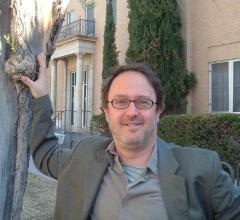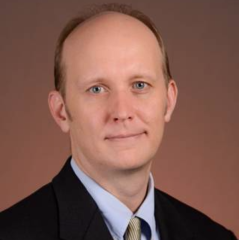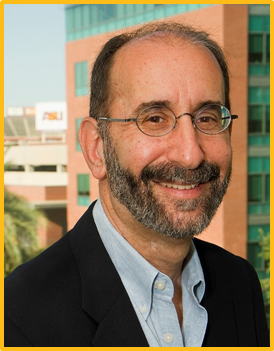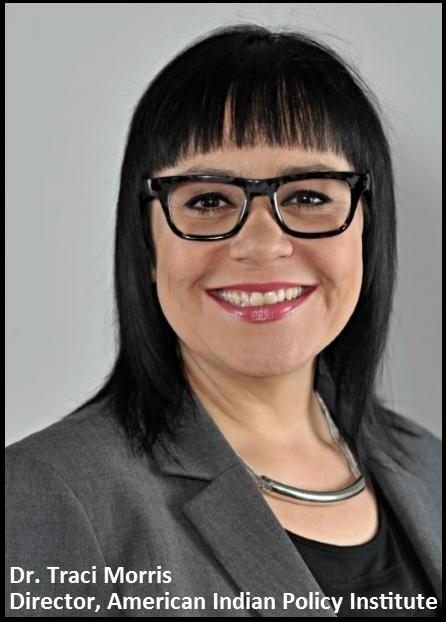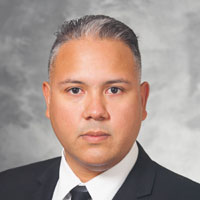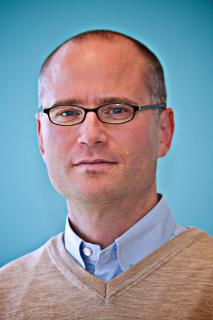Associate Professor, School of Sustainability
Biosocial Complexity Initiative
School for the Future of Innovation in Society
Julie Ann Wrigley Global Institute of Sustainability
Arnim Wiek is an associate professor at the School of Sustainability at Arizona State University with affiliations to the Consortium for Science, Policy & Outcomes (CSPO), the School of Public Affairs, and the Decision Theater at ASU.
He is the head of the Sustainability Transition and Intervention Research Lab (“Transition Lab”) at the School of Sustainability. His research group conducts sustainability research on urban development, resource governance, climate change, and public health, often in international settings. The group develops evidence-supported solutions to sustainability challenges in collaboration with government, businesses and community groups.
Wiek is involved in two NSF-funded research programs, namely the Decision Center for a Desert City (DCDC), and the Center for Nanotechnology in Society (CNS). He was the Principal Investigator of "Reinvent Phoenix: Cultivating Equity, Engagement, Economic Development and Design Excellence with Transit-Oriented Development" (in collaboration with the City of Phoenix' Planning Department) funded by the U.S. Department of Housing and Urban Development (HUD).
The Transition Lab is actively involved in educational activities ranging from courses on sustainability research methodology and problem- and project-based learning studios to international programs. Wiek has published articles on key competencies in sustainability, sustainability curriculum design, teaching sustainability research methodology, and problem- and project-based learning in sustainability programs.
The Transition Lab is engaged in international sustainability research and teaching activities with Leuphana University of Lüneburg (Germany), Lund University (Sweden), UPC (Barcelona), Maastricht University (Netherlands), Stellenbosch University (South Africa), UNAM (Mexico), and the University of Tokyo (Japan).
Wiek is member of the editorial boards of Sustainability Science (Springer), Sustainable Development (Wiley), and the International Journal of Sustainability in Higher Education (Emerald).
Dr. Wiek holds a Ph.D. in environmental sciences from the Swiss Federal Institute of Technology Zurich, and a Master’s degree in philosophy from the Free University Berlin. He had research and teaching engagements at the Swiss Federal Institute of Technology Zurich, the University of British Columbia, Vancouver, and the University of Tokyo.
ASU Profile Directory

